GET YOUR
FREE Quote
FREE Quote




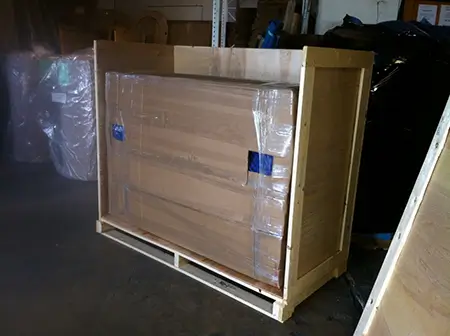 What to Know About Moving to Ireland from US
What to Know About Moving to Ireland from USGlobal uncertainty means deciding on the perfect country to call home can be a challenge, but Ireland is quickly becoming Europe’s rising star. It looks like everyone’s trying to become an Irish citizen these days.
Moving to Ireland will provide access to a growing economy, as well as growing opportunities.
The economy boomed before the pandemic and it’s going back on track these days, an ideal place for investors, as well as those looking for a work visa or an employment permit.
Moving to Ireland is even easier for those in the USA because there are no language barriers. Sure, it may take a while to get used to the Irish accent, but English is the official language, so there should be no issues whatsoever.
The cultural richness of Ireland is one of the things that make this destination so popular among Americans looking for a critical skills employment permit or perhaps a student visa. Folk tales, myths, literature, music, art and dance are among the things that make Ireland stand out, hence the desire for the Irish citizenship.
But before considering this move and maybe even an Irish citizenship application, it’s worth noting that Ireland is different from Northern Ireland. Ireland is an independent country, while the other is part of the United Kingdom, despite both of them sharing the same island.
To enter Ireland, you need a valid passport. You can enter for tourism or business without a visa and stay up to 90 days. If you want to stay more or even apply to become an Irish citizen, you’ll need a visa. You’ll also require an ESTA (Electronic System for Travel Authorization).
Based on why you want to visit Ireland, you can get various visas or permits.
For instance, a valid employment permit can go in more directions:
General employment permit
Critical strike employment
Internship employment
Sports and cultural employment permit
Just to name a few. And that’s only the first step to gaining Irish citizenship. We recommend understanding all these employment permits before applying for your move to Ireland.
The path to becoming Irish citizens implies getting a visa and integrating into society, but you can also avoid the classic services employment permit. You can get an Irish visa as an investor as well, yet requirements start at €1 million, as that’s the minimum investment. It provides residence for up to five years.
Whether you’re after an employment permit or an Irish residence permit, everyone has unique circumstances, so it’s worth finding a nearby Irish embassy for further questions or perhaps some immigration legal experts.
Immigration official personnel will provide all the info you need on official websites. You’ll be able to get your immigration permission online, as well as most Irish visas from immigration authorities.
Whether you’re coming to work for an approved research organization or you’re after an investment, immigration preclearance will be required by immigration officials. Border control isn’t too strict about it. After all, you can visit without a visa for 90 days.
But then, problems will arise when it comes to dealing with the Irish department later on, hence the necessity of sorting everything out with an immigration officer upfront. At this point, border control is the last thing you care about.
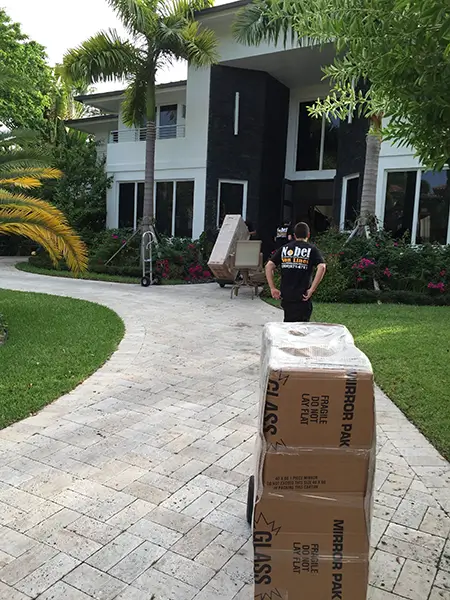 Finding a Place to Live Before You Move to Ireland
Finding a Place to Live Before You Move to IrelandHousing in Ireland is similar to housing in other countries with a good economy, so you need to get ready before you move to Ireland. There’s a discrepancy between supply and demand, so costs are quite high. Apartments tend to be more expensive, so people choose terrace or semi-detached houses.
You don’t need a registration office or an intra company transfer permit to find accommodation. And keep in mind that whether you’re a foreigner or an Irish citizen, there are no discrepancies. You may need to show proof that you’re legally allowed to reside in Ireland, though.
While most of the real estate market is online, you can also reach out to a real estate agency and see what they have in stock. Requirements for renting include ID documents, an employer reference, bank details and maybe a reference from a previous landlord too.
Although it sounds challenging, you can still find affordable housing in smaller cities or towns.
The immigration process also implies finding a place to live. It’s not all about getting your transfer permit or a visa, but also about choosing the right location, whether for a permanent residency or a temporary one.
Irish people may find the housing market a bit expensive. In Dublin, rent costs can be compared to cities like London or New York City. As you go towards the outskirts, they’re lower, but still steep. Areas around the Dublin airport aren’t too cheap either.
Rent and house prices in smaller cities are comparable to small towns in the USA.
Food and entertainment will cost less when compared to similarly sized cities. If you truly want to blend in, you may want to experience the local pub and beer culture. Transportation costs for monthly passes are slightly lower than in New York City, but if you live in a small town or village, you’ll need your own car.
This means a car insurance will also add to the price.
Generally speaking, compared to the USA, the cost of living in Ireland is about 10% lower.
Based on income, the public healthcare system is free for some and subsidized for others. More than 50% of all citizens are above this requirement, so they must pay for their doctor visits. That’s the reason wherefore many locals rely on private healthcare insurance policies.
Private health insurance will also allow skipping queues. If you get one, make sure you include every family member on it. European Union members can use their local insurance policies due to agreements between all the union states, but an American citizen won’t have such benefits.
Whether you’re after a start up entrepreneur programme, student visas, jobs in Irish company or other routes to Irish naturalisation, different emigration routes carry the same rules in terms of healthcare.
For example, the application process also means you need private medical insurance that can cover your stay in a private hospital. It doesn’t have to be a local insurance policy, though, so don’t bother with local shops. Any international policy will do due to prescribed agreements with most countries.
A visa is required to work in Ireland. You should get the employment permit before you come to Ireland. At the same time, you can’t apply without being offered a job, so it all starts with your search for a job. Once you get a job, you can go down the emigration route and choose the right visa.
There are other emigration routes as well, which are different for actual workers and international entrepreneurs. Keep in mind that Ireland is independent, so you shouldn’t confuse it with Northern Ireland. Therefore, you don’t need the UK Home Office, but a local office.
You can get immediate family relocation based on the visa you choose. Same documents are required for family members, too. In some cases, you may need to be a family applicant’s sponsor. Study visas are more challenging if you want to join family, especially if you’re not an EU national.
It might be a good idea to consider immigration experts for your unique immigration conditions.
Go out to adapt. Ireland may have a different culture, but if you’re friendly and outgoing, chances are you’ll integrate straight away. The pub culture is pretty high in Ireland, something you won’t find in the USA.
Cork is considered the food capital of Ireland, so make sure to visit if you’re a gourmand. Other than that, you’ll find international food restaurants and takeaways in all big cities.
To get a bank account in Ireland, you’ll need an ID and proof of address. In other words, you need to find housing first and then get a utility bill in your name. There’s no need for a birth certificate. The process is straightforward, but you can’t just walk in. Most banks will require an appointment.
You can, however, walk in to make an appointment.
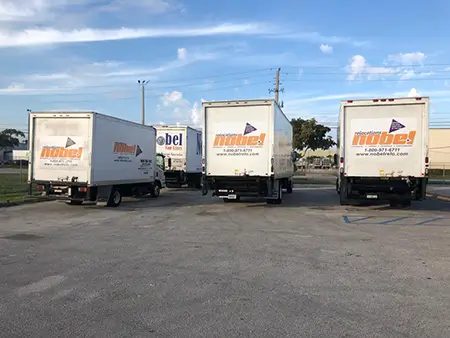 Expat Support and Resources
Expat Support and ResourcesLife in Ireland depends on how quickly you adapt, but remember, this is a modern country where cultures from all over the world blend in, so it shouldn’t be too difficult. There are lots of Facebook groups and discussion boards for expats, only to get a better idea about what to expect.
According to stories you’ll find while browsing such resources, “You’re not going to isolate yourself in a desert, so you’ll adapt straight away. You need a decent budget if you come to a big city though, so find a good job. It’s all about the balance.
Most people commute to work due to finding cheaper accommodation in areas around big cities. There’s no such thing as a cultural shock, either. From many points of view, Ireland is similar to the USA. As long as you’re financially stable, you’ll be alright.”
Bottom line, moving to Ireland implies going through a few steps:
Find a job.
Apply for a permit.
Find accommodation.
Get in touch with us for your big move.
The process is straightforward, and many of the things you’ll need can be done online.




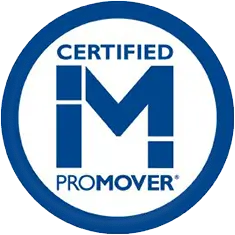

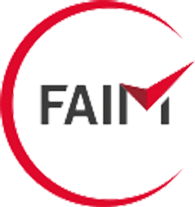

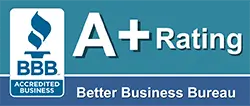


Ⓒ 2025 – All Rights Are Reserved – MEETOOG & DOR SALAMA